China's gas needs could spur more cooperation with U.S., experts stress
Efforts to promote Chinese imports of natural gas from the United States could play a role in improving relations between the two countries, energy experts say.
Quansheng Zhao, a professor of international relations and chair of the Asian Studies Program Research Council at American University, told China Daily that there were two possible scenarios for U.S.-China relations: A strategic standoff or a turnaround.
The trade in energy supplies offers the potential for greater cooperation, in much the same way that joint efforts on biodiversity conservation and financial management do, Zhao said.
"The U.S. and China have significant economic complementarity," Zhao said. "For example, the U.S. imports many Chinese products, light or heavy industrial products. In addition to a high-tech advantage, the U.S. has abundant agricultural products and energy resources such as natural gas, exported in large quantities."
An annual report released by the US Energy Information Administration, or EIA, on Oct 6 shows that the U.S. is the world's largest producer of natural gas.
Asian countries that aren't part of the Organization for Economic Cooperation and Development will become the largest net importers of natural gas by 2050, driven by economic growth in China and India.
Net imports of natural gas by China, India and other non-OECD Asian nations will more than triple by 2050. The long-term energy report projected that, of China's generated electricity capacity from 2020 to 2050, oil-fueled power will decrease on average by 14.3 percent a year, approaching zero by 2035.
Simultaneously, natural gas-fueled power is projected to increase 4.3 percent on average annually. China's net trade in natural gas will accelerate to around 11 percent by 2050, while the U.S. will remain the No 2 exporter of natural gas after Russia.
Promising market
China's shale gas production is just 3 percent of that of the U.S., according to research by Wood Mackenzie, a global business intelligence firm in energy, metals, and mining. This makes China a promising market for U.S. companies in the natural gas sector.
Another EIA report, the "October Short-Term Energy Outlook", notes that U.S. liquefied natural gas, or LNG, exports hit a record high this year despite the prospect of the highest winter price since 2007-08.
Samantha Gross, director of the Energy Security and Climate Initiative at the Brookings Institution, wrote in a November 2020 paper that "the trade war has been pushing apart countries that should be natural partners in energy trade".
She notes that the U.S. imposed a 25 percent tariff on around $34 billion of imported Chinese goods, which led to reciprocal tariffs, as part of the trade conflict between the two economies.
Gross wrote that the tariffs "had greatly reduced Chinese purchases of U.S. LNG".
Before the trade dispute, China was the second-largest market for U.S. oil exports, although only 2.3 percent of Chinese oil imports were from the U.S.. After the tariffs, US oil was diverted to other markets.
"China's market for gas is growing rapidly as it aims to replace coal-fired power generation to improve air quality and reduce greenhouse gas emissions," Gross wrote. "The United States has ample gas supply and is even flaring (controlled burning) gas associated with oil production in some cases, due to low prices and insufficient infrastructure to move the gas to market. Additionally, the contract terms for U.S. LNG are favorable for the Chinese market."
Zhao said that China, which is undergoing an energy transition, will need more natural gas for the foreseeable future. China already has established good energy cooperation with Russia, resulting in a second gas pipeline connecting the partners.
"The bilateral trade in natural gas has good prospects for development and would be the best example of a win-win situation," the academic said.
"Ultimately, it is necessary to build mutual trust, requiring a long bonding period to balance strategic security and economic exchange. To strengthen mutual trust and remove barriers, the U.S. and China also need to improve relations on all fronts."
















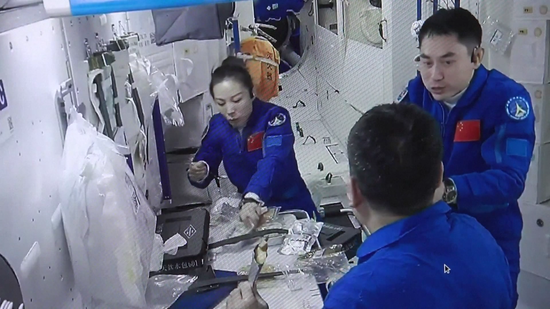
















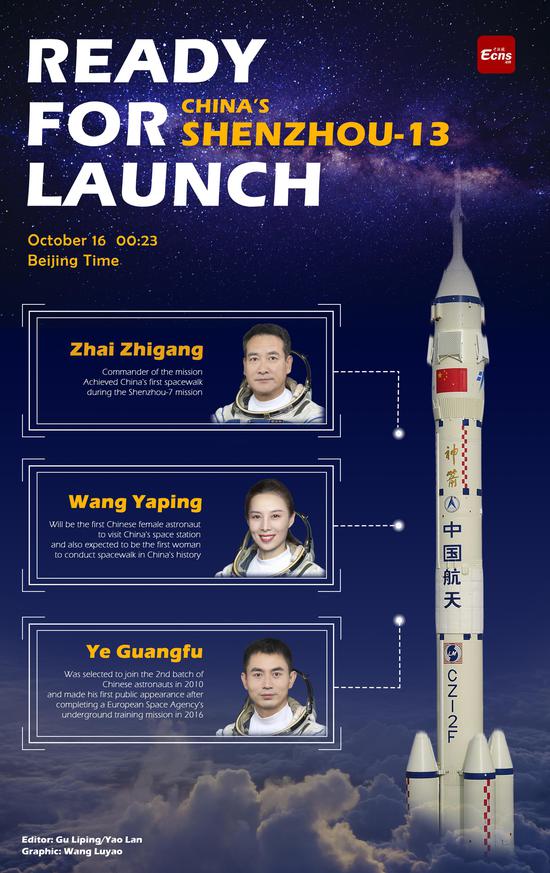


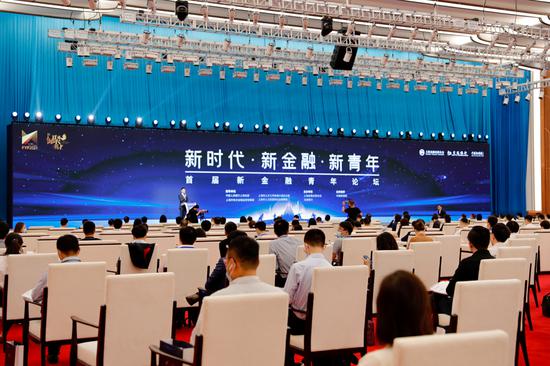


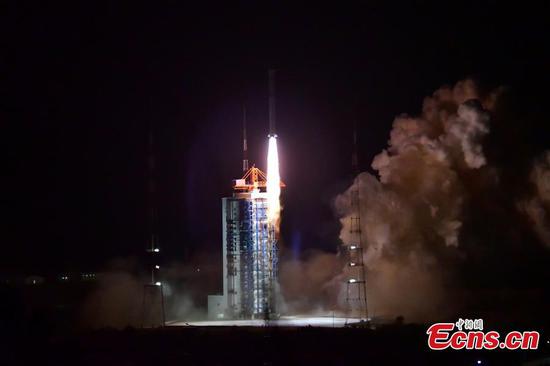

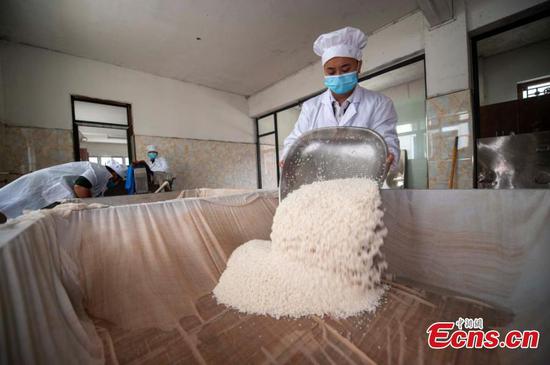








 京公网安备 11010202009201号
京公网安备 11010202009201号